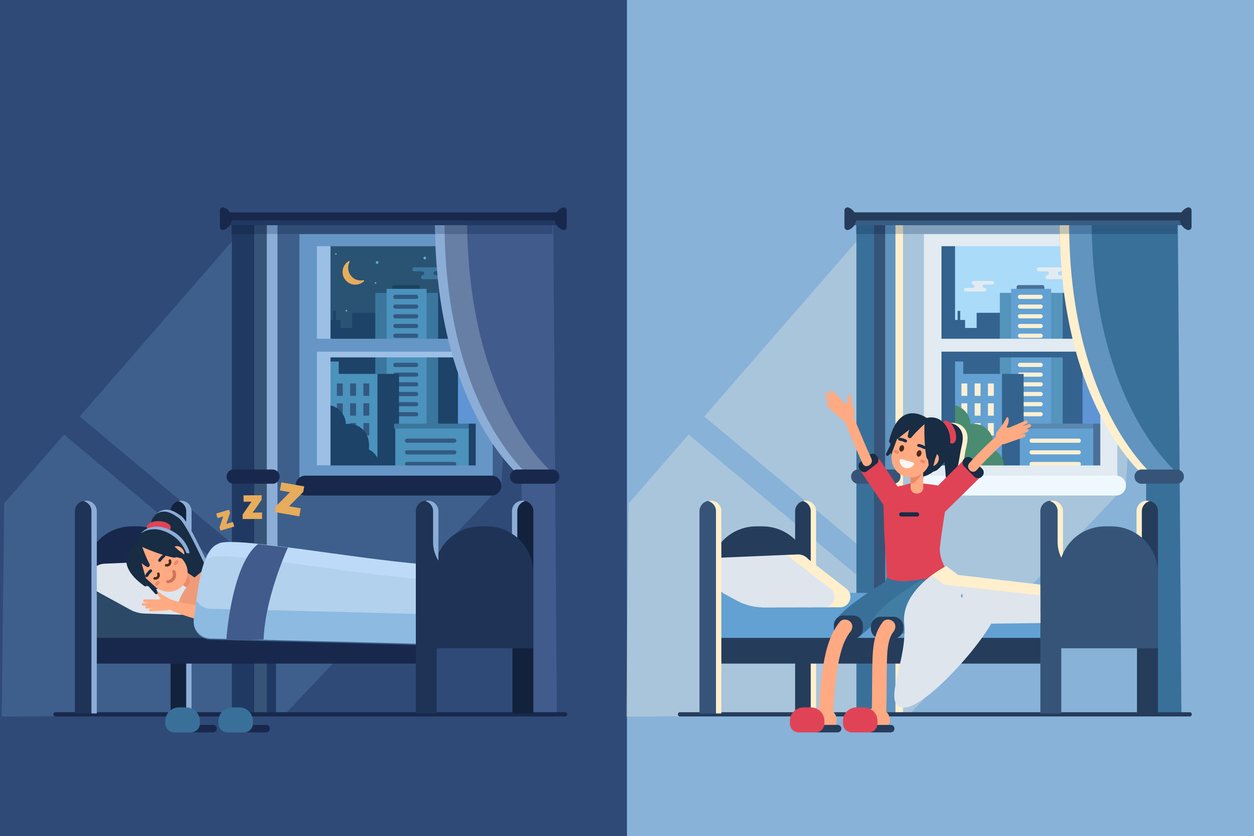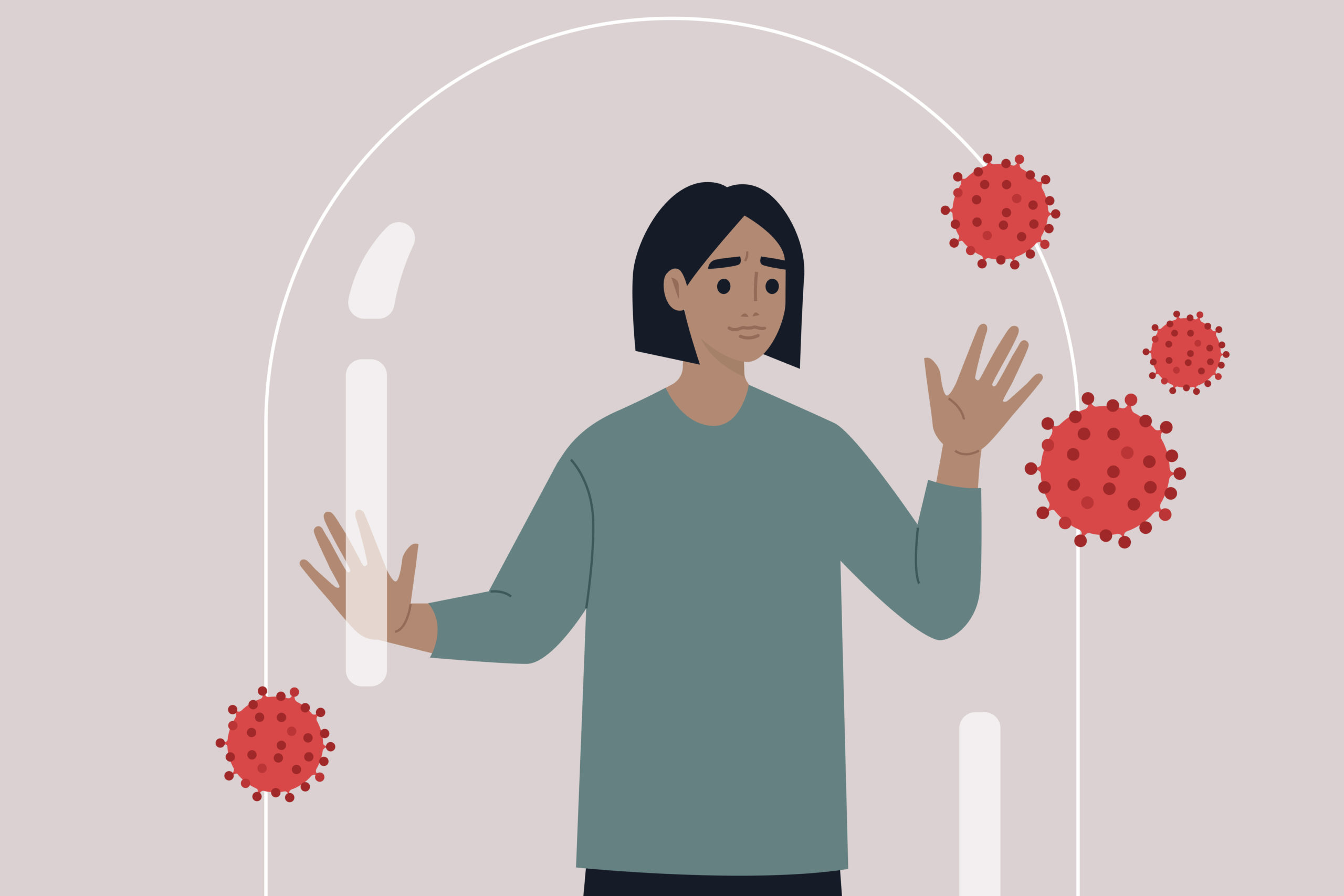Do you find yourself coming most alive late into the evening? Or are you up as soon as the sun is and raring to go? During lockdown, the difference between these two types of people is in the spotlight even more, as some of us are up early making the most of our days, and some of us are rolling out of bed 5 minutes before we have to start work!
There have been so many studies into these two different types of personalities – ‘night owls’ and ‘morning larks’. But a new study from Spain has found a difference amongst these two types and the way we handle emotions, reflect on thoughts and feelings and assert ourselves.
The study from the University of Malaga looked at Men and Women aged 18-60 years old. First, they identified their ‘chronotype’, finding that 28% were ‘night owls’ and 23% were ‘morning larks’ and the rest were neither. This generally fits with what researchers believe to be the percentage spread of owls and larks in the general population.
The study also looked at the way that these people handled their emotions through
- Emotional regulation – reframing a stressful situation to lessen its emotional impact and is related to greater wellbeing
- Emotion Suppression – related to psychological problems like depression.
They also looked at the way that those people assessed their own thoughts and feelings and measure their own levels of assertiveness.
Night Owls Have Trouble Regulating Emotions
When looking at the results, those who were morning people were more likely to be able to regulate their emotions. Those who were more like ‘night owls’ were more likely to use emotional suppression which can be linked to depression, decreased well-being, self-esteem and social functioning. Night Owls were also not able to properly assess their own thoughts and feelings and showed the lowest level of assertiveness.
And those who didn’t score as either an ‘owl’ or a ‘lark’? They were found to be right in the middle of these two extremes in emotional function. Being able to regulate emotions is even more important at the moment, as emotions are heightened due to lockdown.
Previous studies into night owls have found that they suffer from poorer attention, slower reactions and increased sleepiness. This can put them at a disadvantage during a ‘normal working day’. Even when measured at the time that they were the most awake with the fastest reaction time, night owls were still not performing as well as the ‘morning larks’
Can You Become a Morning Person in Lockdown?
It might seem like we are destined to be one or the other. However, one study showed that it is possible to train yourself and move your routine to make mornings easier. With our routines so off kilter at the moment, a good sleep routine is important to make sure we can cope with these unprecedented times. So how do they recommend you do it? There were four pieces of advice:
- Make a consistent effort to go to bed promptly
- Stick to regular breakfast and lunch times
- Get as much natural light as possible
- Make it gradual – move your bedtime to half an hour earlier for a week or too, then add another half hour and so on





